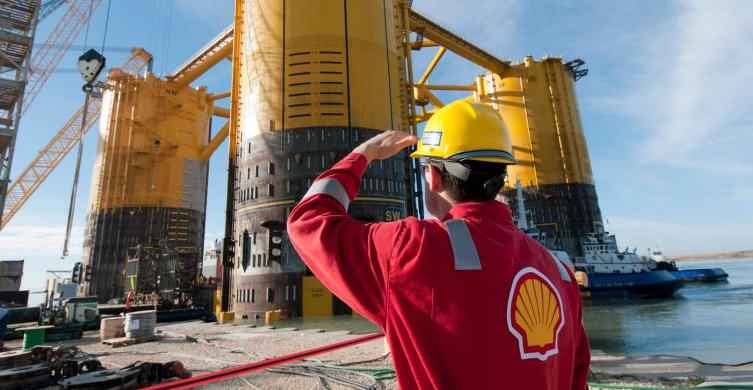Disagreements over how far and fast Royal Dutch Shell should shift towards renewables have seen several clean energy executives part ways with the company, the Financial Times said in an article on Tuesday.
Shell has said it is investing more in lower-carbon technology including renewables such as wind and solar, new mobility options such as electric vehicle charging and hydrogen and an interconnected power business that will provide electricity to millions of homes, companies, and businesses.
According to the Financial Times article, the wave of resignations comes just weeks before Shell is set to announce its strategy for the energy transition.
Some executives have pushed for a more aggressive shift from oil, but top management is more inclined to stick closer to the company’s current path, according to four people familiar with the matter.
Marc van Gerven, who headed the solar, storage and onshore wind businesses at Shell, Eric Bradley, who worked in Shell’s distributed energy division, and Katherine Dixon, a leader in its energy transition strategy team, have all left the company in recent weeks. Dorine Bosman, Shell’s vice-president for offshore wind, is also due to leave the company.
According to the article, several other top executives in the clean energy part of the business also plan to exit in the coming months.
Not every move is known to be linked to frustration about the pace of change but people familiar with the internal debate said there were deep divisions over the timeframe for reducing the company’s dependence on oil and gas revenues, which had influenced at least some of the departing executives.
“People are really questioning if there will be any change at all,” said one of the people familiar with the internal tensions. “Part of the frustration is that you see the potential, but the mindset isn’t there among senior leaders for anything radical.” Ben van Beurden, Chief Executive, has said investment into lower-carbon businesses such as biofuels and solar power “needs to accelerate”.
However, he has also said that oil will continue to be a huge cash generator and the company will expand its gas division. “There is going to be a place for our upstream business for many decades to come,” he recently told a conference.



